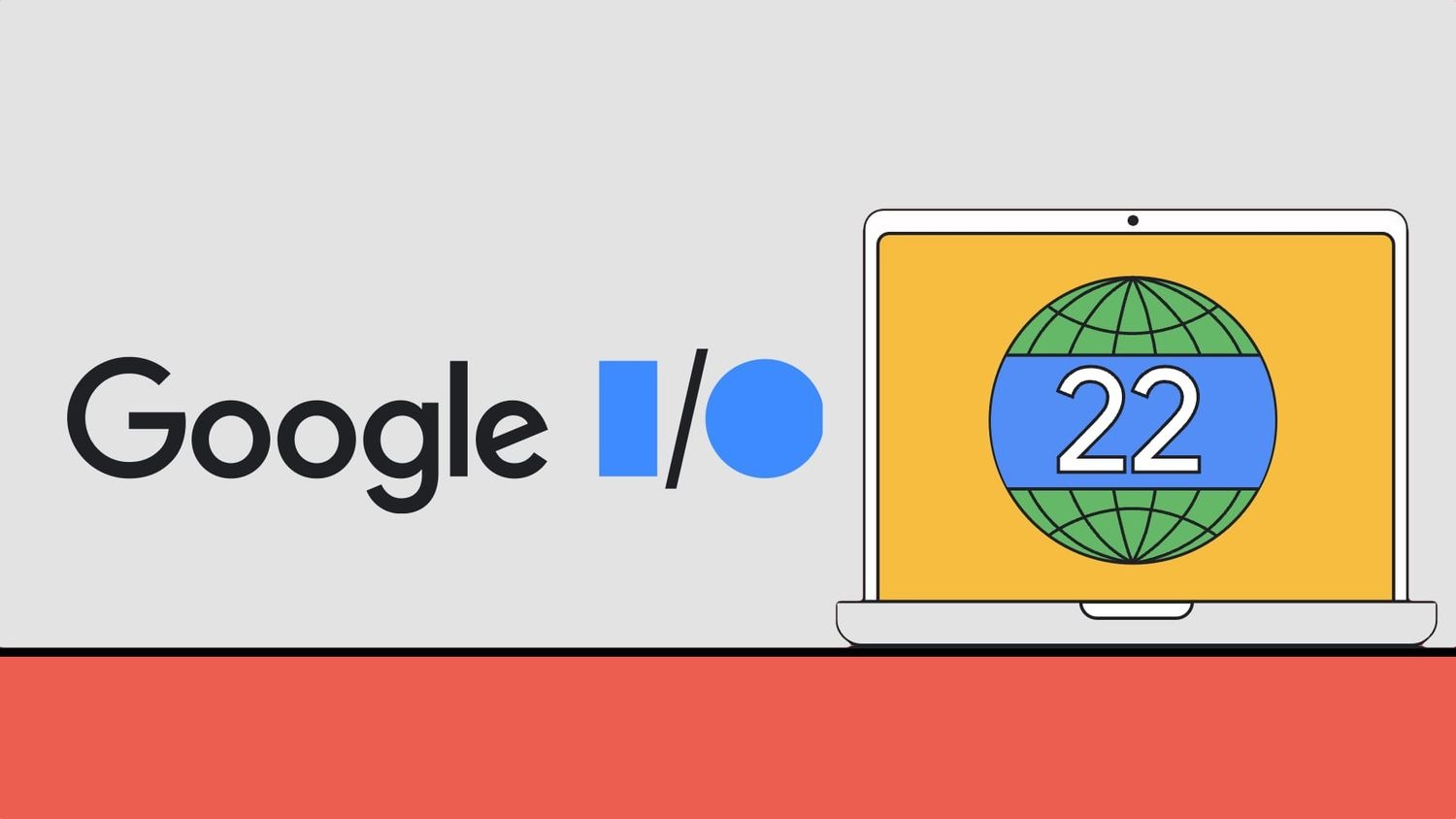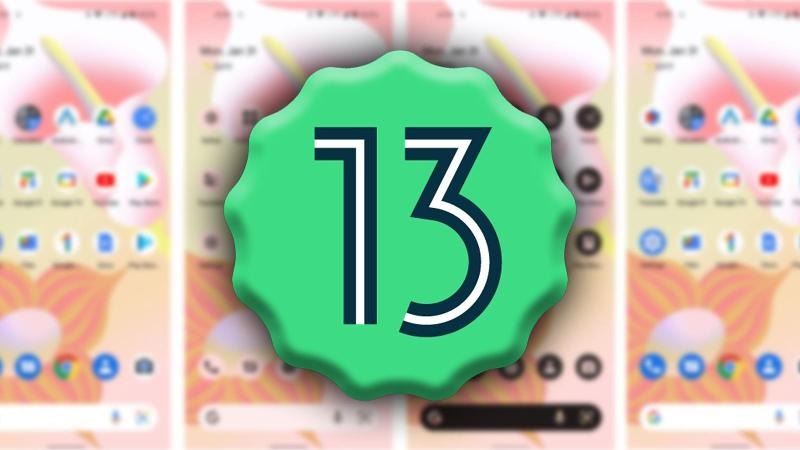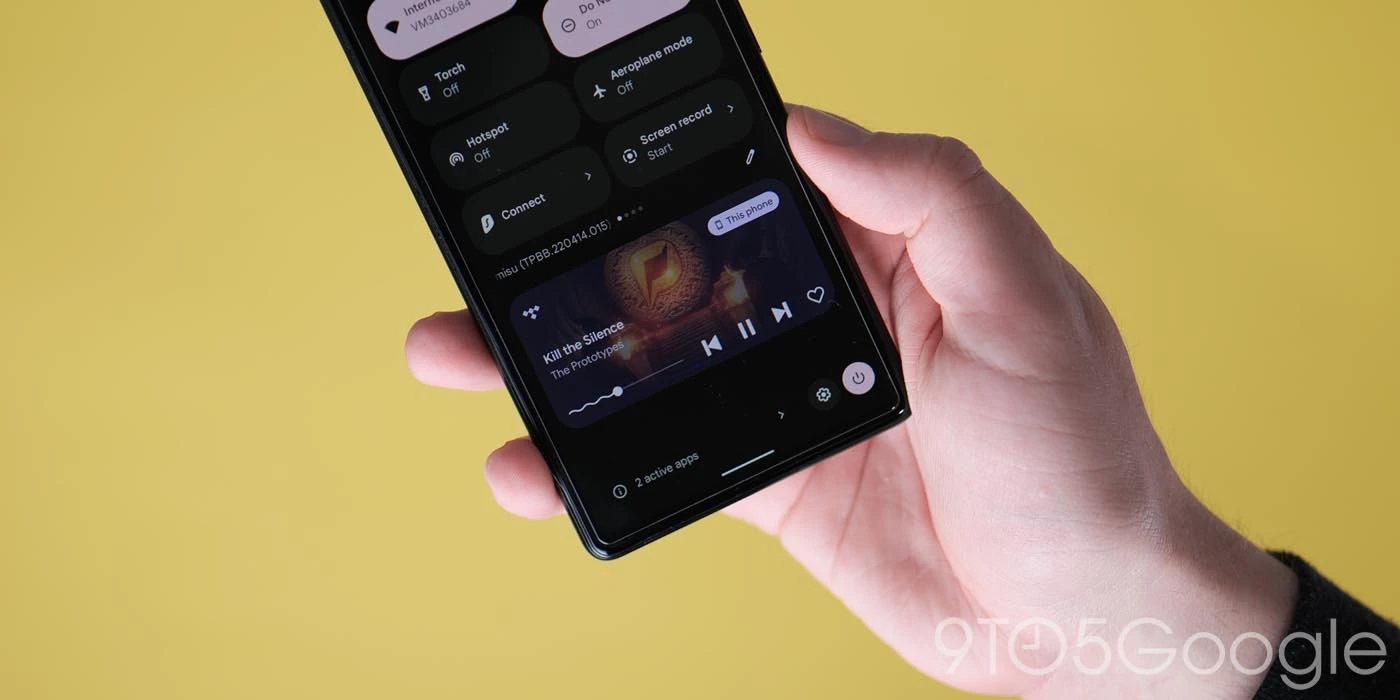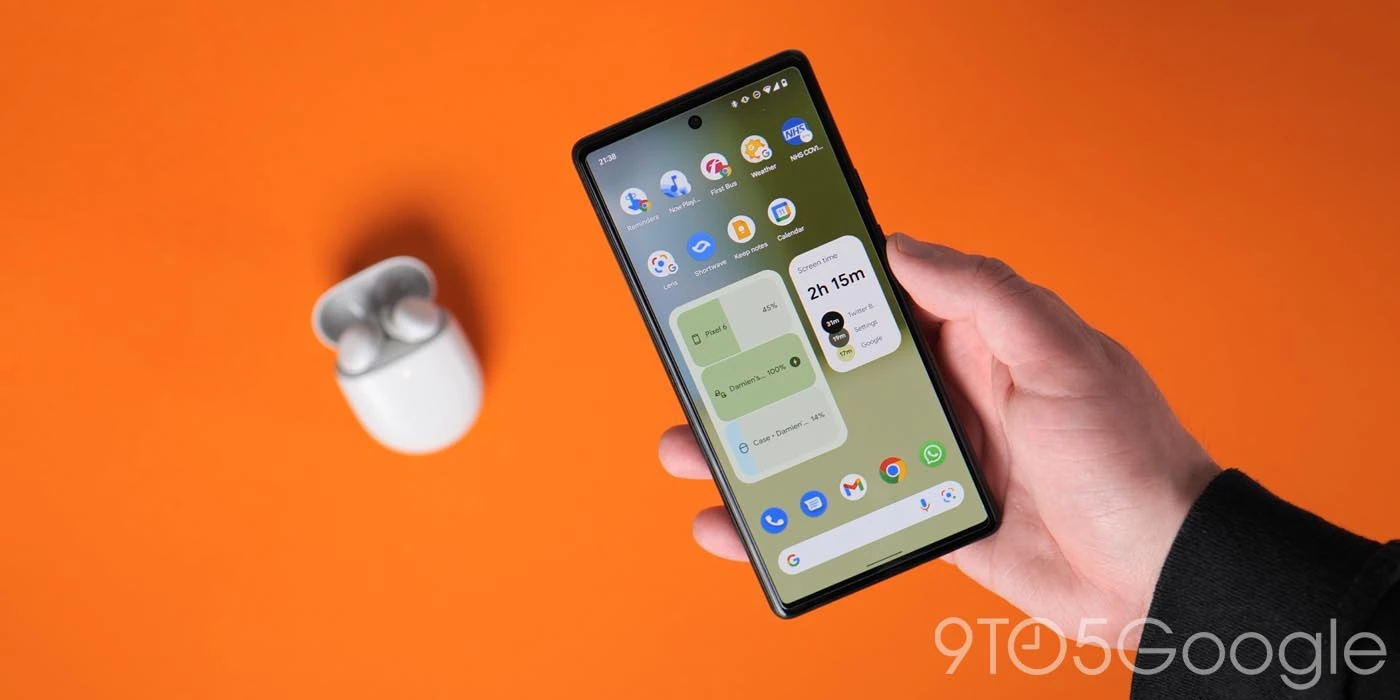Android has long had issues with managing apps running in the background. Although Google offers instructions on how it should androiddevices to manage background processes, smartphone manufacturers are still tweaking systems in the name of battery efficiency, often disrupting the intended behavior of apps. Google gave a conference held last week Google I/O made it clear that he is still working to resolve this issue and shared the progress he has made on the matter so far.
In a YouTube video about changes to how and when apps can run in the background, a software engineer Androidu Jing Ji outlined the problems Google has with manufacturers who want to optimize battery life in ways for which Android was not designed. “Device manufacturers impose various application restrictions that are often not documented. This can make things difficult for application developers whose foreground service, for example, might work as expected on one manufacturer's device but be terminated unexpectedly on another's." they say.
He also explains that Google is working directly with manufacturers to create standardized functions for battery management at the system level, which will eliminate the need for further optimization on their part. Android 13 will get a few improvements to that end: the ability to monitor battery usage on a per-app basis, so the user can see how much power an app is using when it's in the foreground, background, or running a foreground service, and it'll also let the user know when an app is draining battery on background. And yes, of course, this alludes to cases of performance throttling, which have also affected Samsung to a large extent.
You could be interested in
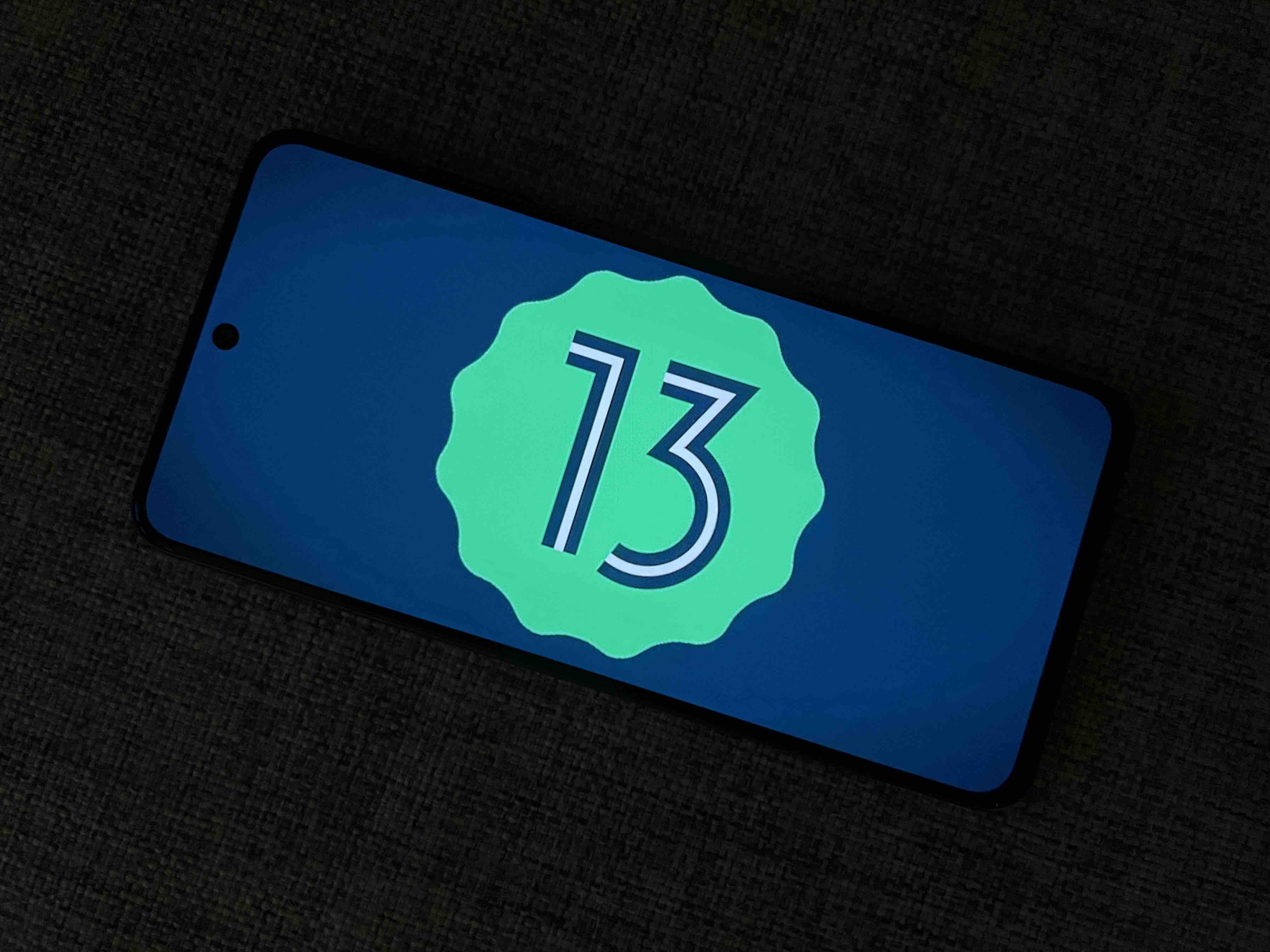
The JobScheduler interface, which is meant to help schedule jobs efficiently, will get improvements that Google says should help it run jobs when it's most useful to users. For example, the system estimates when a user is likely to open a given app, effectively scheduling it to preload, something it should ideally do in the background just before it launches. JobScheduler will also know better which jobs to stop when system resources are low or when the device starts to heat up. In theory, it should choose those that will have the least impact on the user. At the same time, Google emphasizes that developers should develop applications as efficiently as possible. In other words, to balance application performance with overall system health.
